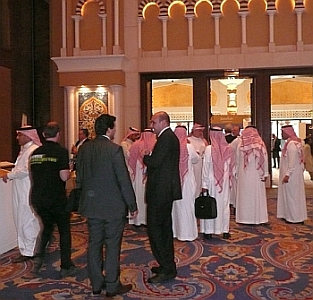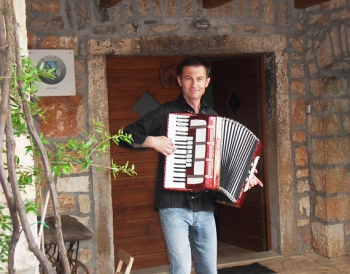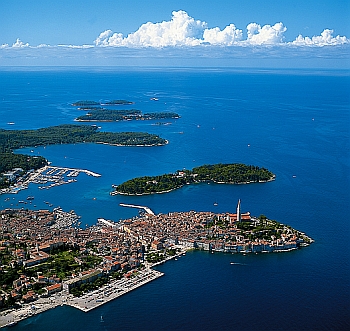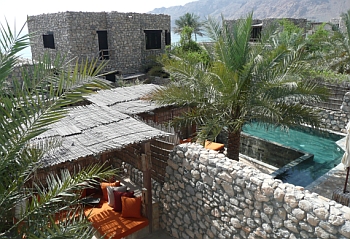
News & Stories
Dubai. Nearly a year and a half since the revolution wave in the Arab world began in December 2010, the hospitality sector in the region is still teetering as countries that have toppled regimes such as Egypt and Tunisia grapple with the path to democracy and economic recovery. The struggle to return to pre-Arab revolution tourism figures was evident this year in the "Arabian Hotel Investment Conference" taking place in Dubai last weekend, with the absence of big names from international hotel groups and a smaller crowd than last year.
Zagreb. The number of private room providers is rapidly growing in Croatia. Already in 2011, more than one third of the tourists spent the night in private lodgings. The gap between private lodgings and hotels is currently becoming even larger. Even excursions are already being offered by the private. Must the hoteliers fear the private competition? The professional hosts embody only the smallest segment within the accommodation market, after the private and after the camping sites.
New York. With an average occupancy rate of 85.3% across 2011, year-end figures, New York City is doing well, despite the economic turnmoil.
Frankfurt/Main. In actual fact, Abu Dhabi is to be the cultural centre of the United Arab Emirates, but now Dubai has built an opera house. Two "Art Hotels" are part of the project.
Frankfurt. Next IMEX is coming closer: From May 22-24 experts of incentive travel, meetings and events will meet in Frankfurt for the 10th time. More than 3,500 exhibitors from 150 countries will be present. The US-American section has increased by 15 percent.
Vodnjan/Croatia. While Angelina Jolie's directorial debut, "In the Land of Blood and Honey" is now running in the cinemas, the relationships that attach Jolie and her partner, Brad Pitt, to the Balkans are becoming ever-more intensified. The latest coup of the globetrotting Hollywood family: A luxury resort in Istria. In Croatia, the media is overrun with news about "Brangelina's" tourism investment. Until recently, the Hypo Alpe Adria had their hands on the project. Even privately, the famous family wants to settle down near a national park.
Wien/Zagreb/Bad Kreuznach. Movement rules in the international trade show landscape: The "Real Vienna" as well as the "Convention" planned as a substitute will not take place at all. On the other hand, a new real estate trade show will spring up in Zagreb and in Wiesbaden, the new trade show, "Meetingplace", will take the field anew after the insolvency of Mice AG.
Muscat/Zighy Bay. What does the new Al Bustan Ritz-Carlton in the Omani capital of Muscat have in common with the Six Senses Zighy Bay in the Omani enclave near Dubai? Both mirror the Oman but in a very extreme way. Both hotels have to find their positioning: one has to find its own profile after a 26-year InterConti past, and a Six Senses spa should support this process – the other one as a young top-luxury hotel in a remote stone desert.
Male/Berlin. It was not an easy task for Maldives' tourism advertisers at their press conference during the ITB Berlin. One month after President Mohamed Nasheed's resignation and ongoing demonstrations in Male, the fascination of the flat atolls in the Indian Ocean faded a little into the background.
Bern. Last Sunday, the Swiss voted in favour of the ban on second homes. For the time being then, the construction of chalets and holiday apartments in the Alps appears to have come to an end. De facto, the decision imposes a ban on the construction of second homes.




